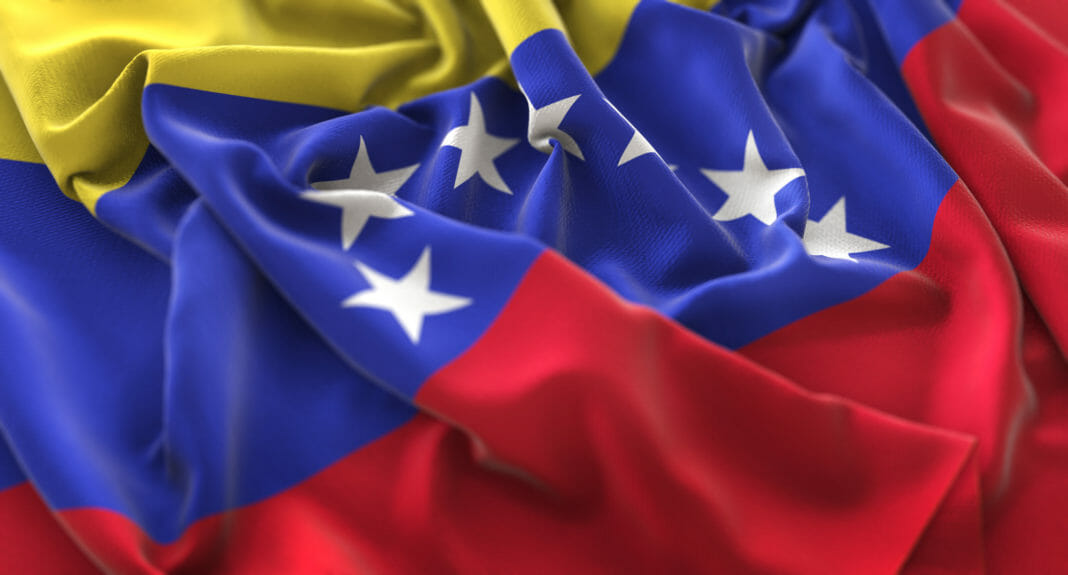Clients from Venezuela could refuse to interact with accounts in Russian banks. The sanctions would push Russia to look for clients in the oil market that Venezuela currently serves.
The economic sanctions on Russia due to the attack against Ukraine place Venezuela in a difficult position. The close financial relationship between the two countries could hamper the international trade of the latter.
Public opinion reacted to the partial removal of Russian banks from the SWIFT (Society for Worldwide Interbank Financial Telecommunications) system.
Experts in economics and finance warned about the obstruction of the financial structure with which the Venezuelan government evades its sanctions. The specialists said it relies primarily on Russian banks, while President Nicolás Maduro stated that his country does not depend on the SWIFT system.
The Sanctions on Russian Banks Affect Venezuela
In 2019, the United States sanctioned the Central Bank of Venezuela and state-owned oil company PDVSA. That led the government of Maduro to design an operation to continue collecting oil bills and paying suppliers through the Russian financial system.
Economist José Guerra warned that Venezuela had accounts in different Russian banks to receive payments for oil exports. The specialist said that PDVSA sent money from Russia to the Swiss, French, and German financial systems to pay international suppliers.
Venezuela could be operating with a Russian bank not excluded from the SWIFT system. However, the expert warns that banks in the European Union might not receive transactions from Russia for fear of sanctions. He added that that would disrupt the current financial transactions of Venezuela.
Asdrúbal Oliveros, director of consulting firm Ecoanalítica, noted Russia was the primary supplier for cash US dollars and euros for Venezuela. He explained that could hinder the provision of cash, the payments by the Executive, and the sales of foreign currencies to contain the exchange rate.
The moves by the Venezuelan government aim to drive the domestic market, paralyzed by the hyperinflation that started in 2017.
Russia Could Compete with Venezuela for the Asian Oil Market
Luis Oliveros, a specialist in international finance and oil trade, said the sanctions against Russia could affect Venezuela in two other ways.
The expert explained that sanctions had forced Venezuela to sell oil at a discount to create purchase incentives. That means that their selling price of the non-renewable resource is lower than international markets indicate.
Even though the discount reached 50% in 2020, that indicator reflected a recovery in 2021. Analysts believe the close relationship between Russia and Venezuela could cause the price of Venezuelan oil to drop to levels of two years ago. In other words, the country cannot benefit from the increase in oil prices caused by the conflict between Russia and Ukraine.
Oliveros also pointed out that the drop in oil production and the sanctions led the country to lose many markets. The expert explained that Venezuela practically sells only to Asian countries like China.
He said that Russia could not sell oil to most of its traditional clients, including the United States and countries of the European Union. For that reason, it will have to turn to the Asian market, taking space away from Venezuelan oil.
Finally, Luis Oliveros said that president Nicolás Maduro is an open and direct supporter of Vladimir Putin. He explained that this situation could drive away possible buyers for Venezuelan oil that do not want to deal with Russia.
By Alexander Salazar











